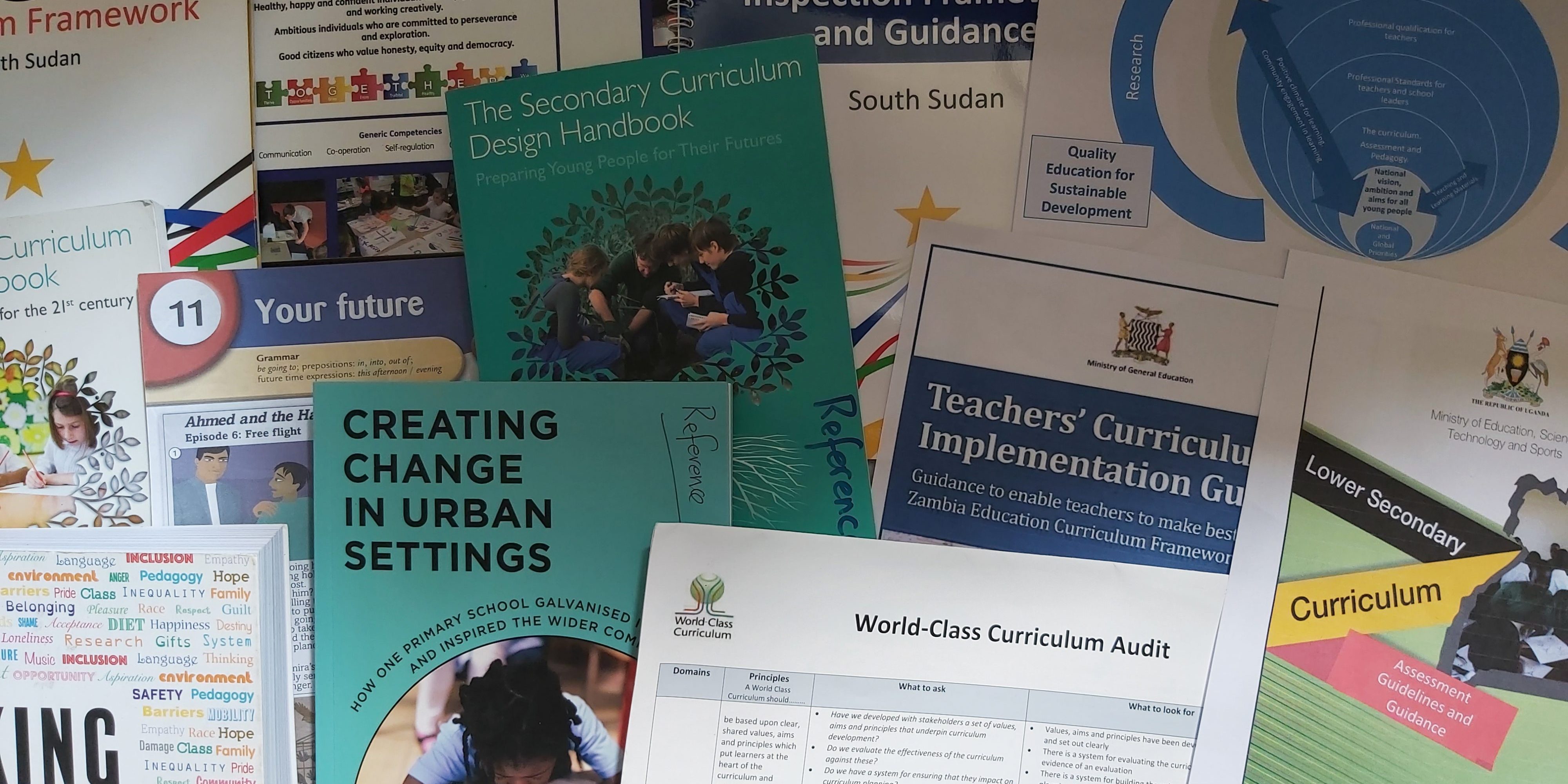At this time, when the Black Lives Matter campaign has brought the issues of discrimination, inequality and conflict within society very much to the fore, many people are demanding that the school curriculum should help prepare the next generation to be respectful, understanding and supportive of all in society. Civilized respect for differences is not a social democratic ambition for a peaceful society, it is a pre-condition. It must prevail.
We stand in solidarity with the Black Lives Matter campaign. We recognise our collective responsibility in raising awareness of white privilege. We commit to continuing to review our approach so that we are able to improve our support to educators, enabling them to design a curriculum that promotes a decolonized, shared global history, that provides a catalyst for liberation from oppression and systemic racism. We need to find a way to focus on human commonalities while simultaneously embracing differences in appearance, culture, values, and experiences.
The school curriculum must help learners build a fairer, more global society. Can a school curriculum be designed in such a way that it can help combat entrenched inequity and inequality?
The Curriculum Foundation has been at the forefront of the design of such a curriculum for the past ten years. During that time, we have helped governments and schools in a range of countries where the resolution of conflict and the avoidance of discrimination have been of paramount importance, and where a spirit of tolerance, peace and reconciliation needs to be fostered. The names of some of these countries still resonate with the conflicts they have faced, and, in some cases, still face: Rwanda, Iraq, South Sudan and Syria. Other countries where we work also have, or have had, tensions and issues between different groups that need resolving: Uganda, Zambia, the Palestinian Authorities, Brazil, Sudan, Morocco, Jamaica and in the UK.
We are committed to supporting the aims of the 2030 Global Goals for Sustainable Development (SDGs) adopted by world leaders in 2015. The SDGs are an ambitious agenda to end poverty, combat climate change and fight injustice and inequality over the next 15 years. They promise a better future for all. Goal 4 for Quality Education includes the target to ‘ensure all learners acquire the knowledge and skills needed to promote a culture of peace and non-violence and develop an appreciation of cultural diversity and of culture’s contribution to sustainable development.’
We do not take a set curriculum to different countries. We have a solution-focused approach that enables each country or school to develop its own curriculum to reflect and serve its own community: its needs, people, culture, heritage and context. At the heart of the curriculum there will always be a focus on our core values of peaceful co-existence, respect, understanding, empathy and a total rejection of all discrimination and violence.
